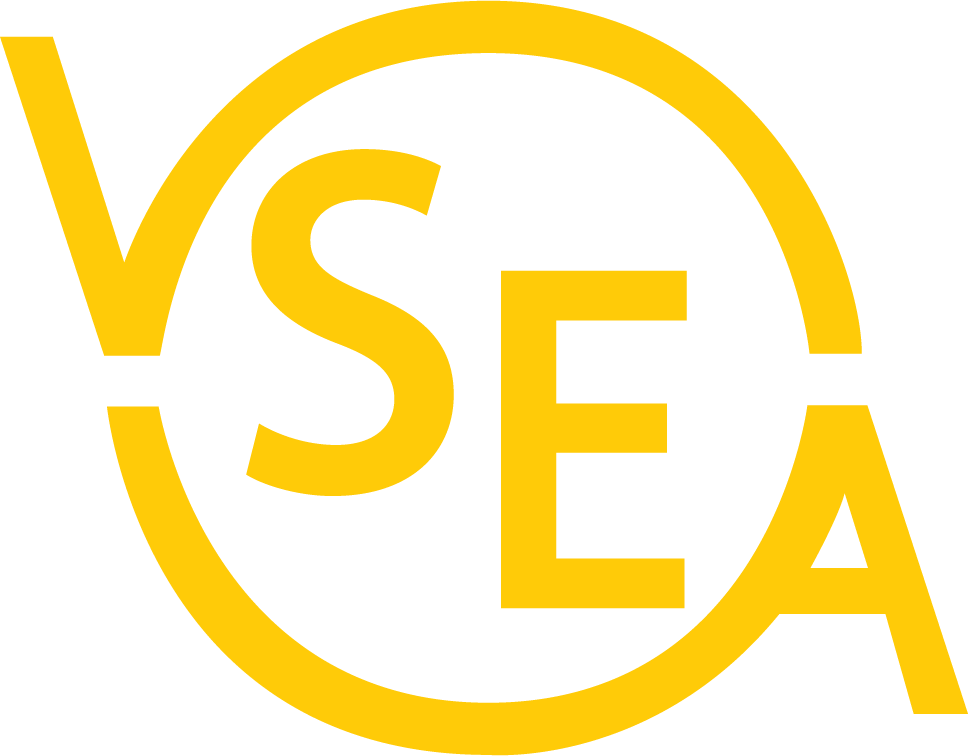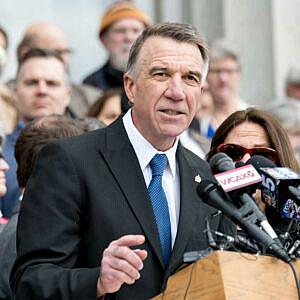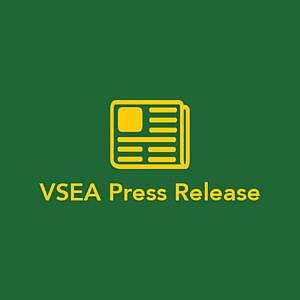VSEA is thanking the members and retirees who took some time last night to testify to the State Pension Task Force at a public hearing on the Task Force’s interim report to legislators.
Lawmakers heard from frontline Health Care, Corrections, and other state employees, each describing the current work situation and many reminding how this fight is one that only adds to the stress of having to work with COVID threat. Several testifiers implored the Task Force to identify a dedicated revenue stream to ensure the pension funds are funded.
The Task Force next meets on November 3.
Watch A Recording Of The November 1 Hearing On YouTube
Visit the Task Force’s Webpage
WPTZ Story On Hearing
The Rutland Herald reports today on VSEA President Aimee Towne’s recent letter to the Scott Administration, requesting the work-from-home period be extended to January 1, 2022.
From the story:
VSEA Executive Director Steve Howard said this was the first time the union had weighed in on the issue. The VSEA had hoped to have more conversations with the Scott administration.“What we’re hearing from members is a real concern for the public’s health, for their health, the health of their families, and a lot of questions about what happens with schools and kids, if kids are sent home to quarantine what do you do if there’s no child care?” he said.
He noted that other state worker groups have decided to push back the in-office date.
Attorney General T.J. Donovan said Monday he was planning to have his people back in the office by September but chose to delay it, only to look at the case counts in mid-October and decide that waiting until 2022 was best.
VSEA Chapters’ 2021 Vermont Food Bank Fundraising Challenge Returns
VSEA Non-Management Unit Reaches Tentative Agreement
DHR Memo Triggers VSEA Request For Delay In Office Reopening
Monday Public Hearing On Pension Task Force’s Interim Report!
Corrections Grievance: Contact-Tracing Leave Issue
Open Enrollment Time For VSEA’s Popular Delta Dental Supplemental Plan
Legislature Asking Retired VSEA Members To Consider Becoming A Committee Assistant
Reminders:
2021-2022 Bolton Valley Partner Pass Added To The VSEA Advantage Program!
VSEA Diversity Committee Seeking Members
AOT Stewards Needed! Become A Worksite Steward Today!
View/Download Your Contract on VSEA.org
Solidarity Stories:
Starbucks Employees In Buffalo Ready To Say “Union Yes!”
Striking John Deere Worker Tragically Killed By Passing Car
Michigan AFL-CIO Rallies With Striking Kelloggs Workers
Kids & Strikes
Make It A Union-Made Halloween
Read The Full Newsletter Here
Subscribe To Week In Action Here
Save The Date! Pension Public Hearing
VSEA Supervisory Unit Reaches Tentative Agreement
Vermont Corrections Employees Vote To Retain VSEA As Their Bargaining Representative
Open Enrollment Time For VSEA’s Popular Delta Dental Supplemental Plan
VSEA Race Car’s Season Officially Wraps
Legislature Asking Retired VSEA Members To Consider Becoming A Committee Assistant
VSEA Fall Membership Drive Wraps Up Next Week!
2021-2022 Bolton Valley Partner Pass Added To The VSEA Advantage Program!
Sugarbush Once Again Offering Discounted Corporate Pass To VSEA Members!
Reminders:
VSEA Diversity Committee Seeking Members
AOT Stewards Needed! Become A Worksite Steward Today!
View/Download Your Contract on VSEA.org
Solidarity Stories:
Amazon Workers One Step Closer To Making History By Unionizing!
Kellogg’s Workers Staying Strong!
Thousands Of Kaiser Permanente Workers Could Soon Strike
John Deere Workers Enter Second Week Of Strike
Make It A Union-Made Halloween
Read The Full Newsletter Here
Subscribe To Week In Action Here
Leadership of the Vermont State Employees Association (VSEA) learned today that Vermont’s Corrections employees have voted to retain the VSEA as the workers’ bargaining representative. The vote was prompted by a recent attempted raid on the Unit by the New England Police Benevolent Association (NEPBA), a Massachusetts-based union. The count was conducted at and by the Vermont Labor Relations Board.
“This is terrific news, and VSEA applauds and thanks everyone who cast a vote for VSEA,” says VSEA President Aimee Towne. “Now that this chapter has concluded, VSEA looks forward to working with our Corrections members—both “yes” and “no” voters—to address the many issues they identified to us both pre- and post-election. This means short staffing, forced overtime, COVID, and low morale to start. We are looking forward to meeting with the new commissioner in the very near future.”
Towne explains that prior to the vote, VSEA leaders and staff spent months talking with Corrections members, in person (when able), electronically, and by phone.
“This was very much an organizing drive that, due to the number of workers, required an all-hands-on-deck approach,” she adds. “I want to stress that today’s vote would not have happened without the help and knowledge of our rank-and-file leaders in each correctional facility. Now, it’s time to get to work.”
VSEA has represented Vermont Corrections employees for more than four decades.
« Previous
1
…
79
80
81
82
83
…
406
Next »





